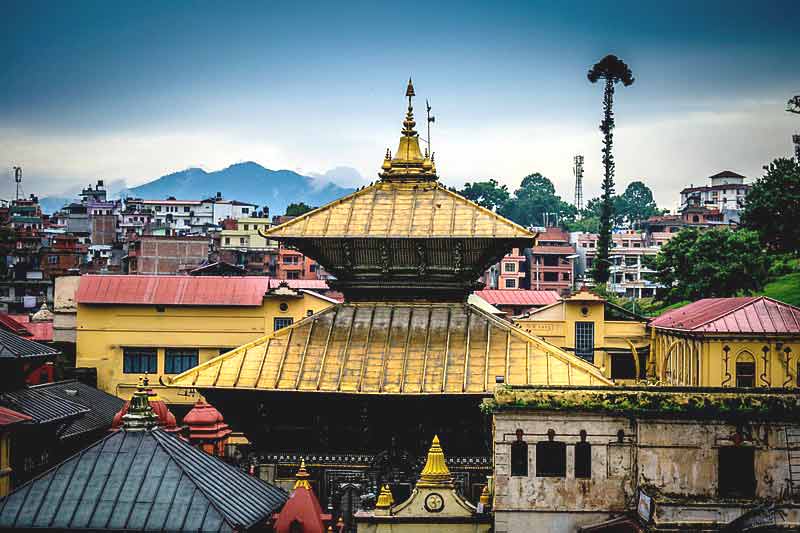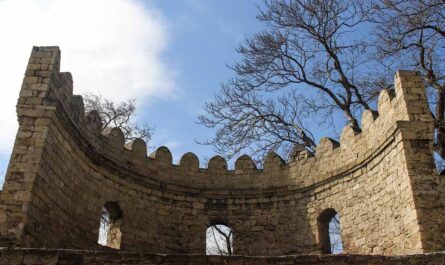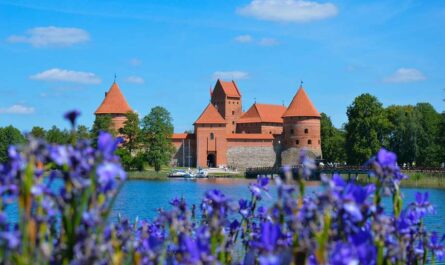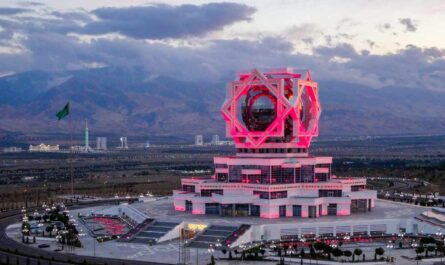Kathmandu, the capital city of the nation is a residence to 7 heritage sites as recognized by UNESCO. The city is a backpacker’s hub and intensely laid-back on the subject of vacationers. Kathmandu city is the biggest metropolis in Nepal, with inhabitants of 1.5 million within the city correct, and three million in its city agglomeration throughout the Kathmandu Valley, which incorporates the cities of Lalitpur, Kirtipur, Madhyapur Thimi, Bhaktapur making the total inhabitants to roughly 5 million people and the municipalities throughout Kathmandu valley.
Interesting, Cool, Fun Facts about Kathmandu, Nepal
whether one explores the bohemian allure of Freak Street, gazes upon Kathmandu’s lofty landscapes, or delves into the indigenous nomenclature of Yeṃ Deśa, Kathmandu reveals itself as a city that seamlessly blends the modern with the ancient, the spiritual with the secular. It stands as a testament to the diverse and dynamic spirit of Nepal, inviting all who tread its streets to embark on a journey of discovery and wonder.
20. The Economic Pinnacle: Kathmandu’s Business Landscape
Beyond its cultural allure, Kathmandu emerges as the economic nucleus of Nepal, housing the majority of the nation’s business centers. This bustling metropolis pulsates with commercial vigor, serving as a vibrant hub for various industries. Tourism, undoubtedly a significant contributor to the city’s economy, merely scratches the surface. The labyrinthine alleys of Kathmandu echo with the hum of craftsmanship, as the city gains fame for its handicraft exports, intricate artworks, and the weaving of traditional garments like the revered pashmina.
21. Craftsmanship and Tradition: Nurturing Nepal’s Economy
As the beating heart of Nepal’s economic tapestry, Kathmandu orchestrates a symphony of industries that extend far beyond the borders of tourism. The city’s economic prowess is underscored by the flourishing handicraft sector, where artisans weave intricate narratives into their creations. The meticulous craftsmanship of traditional clothing, exemplified by the renowned pashmina, finds its roots in the looms of Kathmandu. Moreover, the city’s commitment to sustainable practices in the paper industry adds another layer to its economic contribution, fostering a delicate balance between tradition and modernity.
Other recommended Reading
- 38 Interesting Facts About Australian Flag
- 25 Interesting Facts About The Roman Empire
- 100 Fun Facts About France One Should Know
- 15 Facts About Letchworth State Park, NY
- 40 Amazing Walt Disney World Facts
- 25 Interesting Facts About Glastonbury Festival
- 10 Interesting Facts About Antalya Turkey
- 70 Interesting Facts about the Eiffel Tower
More Interesting Articles
- 25 California Drought Facts – Causes | Effects | Solution
- 38 Interesting Facts About Australian Flag
- 25 Interesting Facts About The Roman Empire
- 100 Fun Facts About France One Should Know
- 15 Facts About Letchworth State Park, NY
- 40 Amazing Walt Disney World Facts
- 25 Interesting Facts About Glastonbury Festival
- 10 Interesting Facts About Antalya Turkey
- 70 Interesting Facts about the Eiffel Tower
- 26 Facts About Tokyo Meiji Jingu Temple
- 20 Fun Facts about Yosemite National Park, California
- 30 Interesting Facts About Dublin, Ireland
- 57 Must-do Things in Budapest for Travelers
- 13 Interesting Beijing Facts Everyone Must Know
- 16 Facts – Harbin International Ice and Snow Sculpture Festival
- 20 Surprising Facts About The German Flag
- 25 Surprising Facts About Florida Flag
- 17 Interesting Netherlands Facts to Surprise All
- 100 Tallest Completed Buildings in the World
- 15 Interesting Louvre Museum Facts to Know




